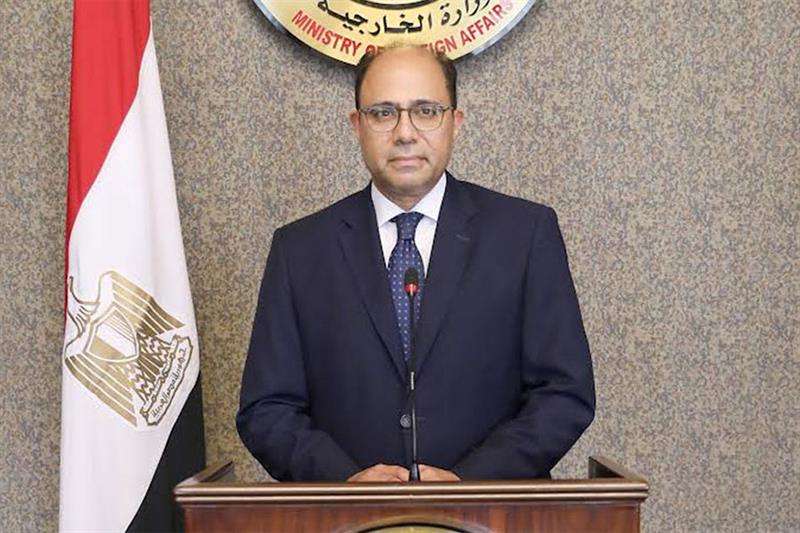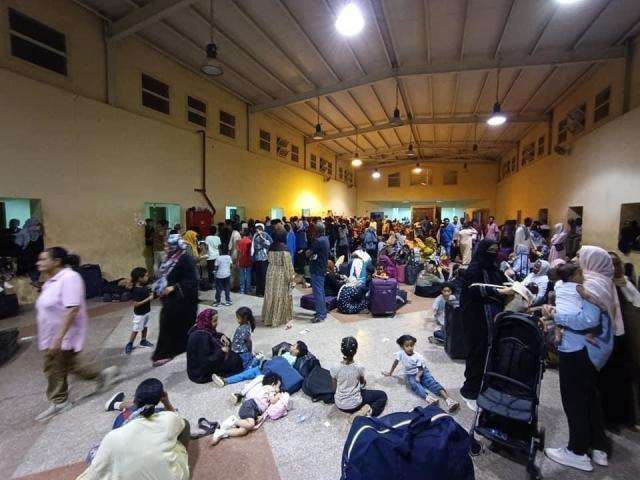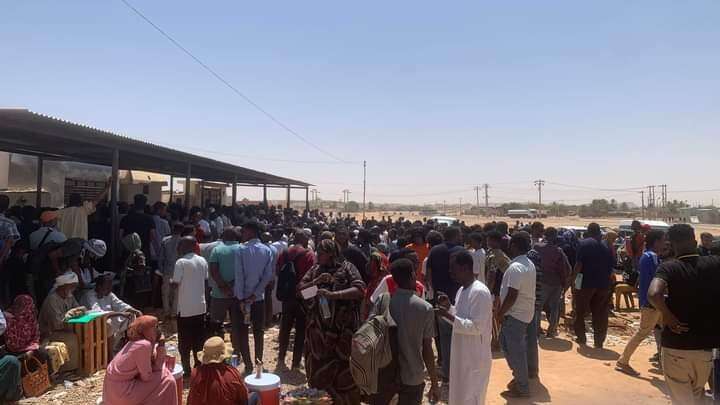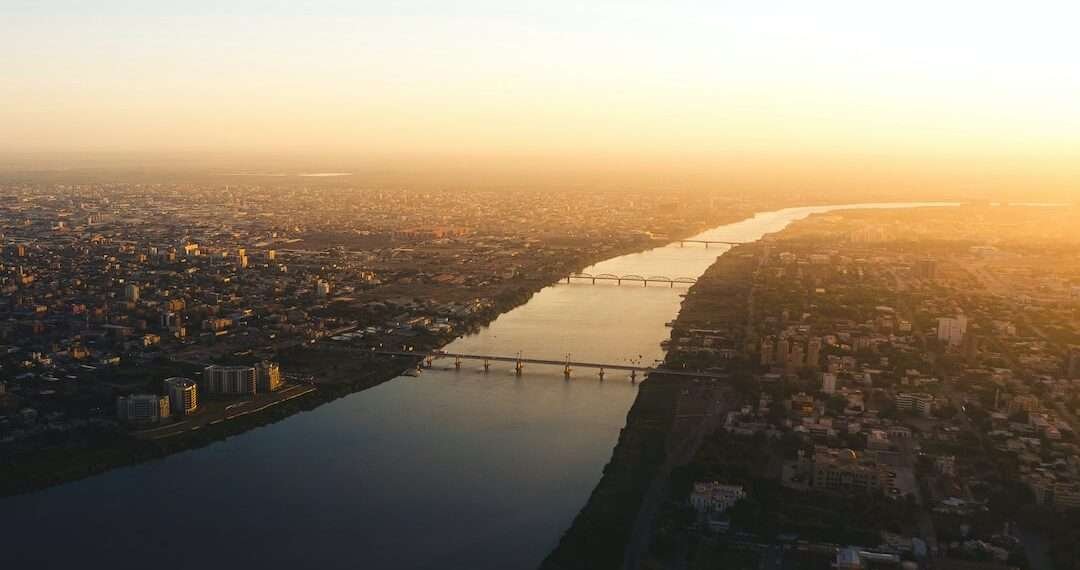Two months confrontations between the two warring factions in Khartoum and elsewhere in Sudan persist, with hundreds killed and no indication of a truce in sight after dialogue broke down.
Civilians continue to escape their residences in large numbers. According to UN data, the overall number of persons displaced since the conflict began in mid-April, has risen to about 2.2 million, up from 1.9 million just a week ago. According to the United Nations, over 500,000 of the overall affected civilians, have moved into bordering nations, while the remainder sought safety in calmer areas of Sudan.

A Sudanese migration official, who spoke on the condition of anonymity, claimed that more than 120,000 Sudanese without travel documents have been detained in Wadi Halfa, and other neighboring areas. Among them are individuals who did not have a passport, or whose passport lapsed or was misplaced in the haste to flee.
Wadi Halfa, which ordinarily has an inhabitants of a few tens of thousands, has been overwhelmed by large groups of Sudanese men, women, and children, who have passports but must apply for visas before crossing the border at the Egyptian Consulate in town.
On the other hand, Egypt is facing increasing pressure to remove restrictions on entry. The Sudanese American Physician Association, a non-governmental organization established in the United States, has urged the Egyptian government to enable people escaping the conflict seek asylum at the border.

Instead, the Egyptian authorities tightened the entry rules last week. Before, only Sudanese men between the ages of 16 and 45 needed visas to enter Egypt. Effective June 10, new laws compelled all Sudanese to obtain electronic visas. According to Ahmed Abu Zaid, a spokesman for the Egyptian Foreign Ministry, the measures are intended to combat visa counterfeiting by individuals on the Sudanese half of the border.
However, others who filed for visas prior to the start of clashes and their passports, have been stuck in foreign embassies. Almost all embassies in Khartoum have been forced to leave, and protocols often necessitate that passports be destroyed have been done, so that they don’t end up in the hands of the wrong people. The US State Department claimed in a press release that, it wiped out passports left there “rather than leave them behind unsecured.”
“We recognize that the lack of travel documentation is a burden for those seeking to depart Sudan. We have and will continue to pursue diplomatic efforts with partner countries to identify a solution.”
US State Department.

Following a two-day trip from Khartoum, Sayyed and his family made it to Wadi Halfa. He claimed that, more than 50 families, including his own, sought safety in a school, and that they all relied on the community and charitable organizations for survival.
Sayyed had been visiting the Sudanese immigration authority offices and the Egyptian Consulate in Wadi Halfa every day for the past five weeks, a practice that many others had followed in pursuit of obtaining travel papers.

However, without Egypt opening the border, Sayyed and his family have little chance of entering the country. Typically, the main Khartoum immigration office is where new Sudanese passports are issued. Unfortunately, the office has been closed since the war began.
According to the migration official, the Wadi Halfa branch does not have access to electronic documentation, therefore it can only reissue expiring passports manually, but not new ones or restore missing ones.
READ ALSO:Tory MPs Divided Over Approval Of Johnson’s Partygate Report























